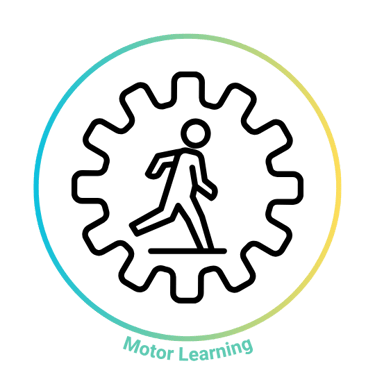





Overview
In sport psychology and skill acquisition, it is important to distinguish between learning and performance, especially when developing and assessing motor skills. While these terms are often used interchangeably, they refer to different processes. Learning is a relatively permanent behaviour change that occurs through practice and experience. At the same time, performance is a temporary expression of ability that can vary from moment to moment or session to session.
Learning, particularly motor learning, refers to the internal process that leads to lasting improvements in skill execution. It involves changes in the brain and neuromuscular system that allow athletes to perform movements more efficiently, accurately, and consistently. True learning is only confirmed when a skill can be performed reliably over time and in different contexts. For example, if a basketball player consistently improves their free-throw technique and can replicate it under various conditions, it suggests learning has taken place.
On the other hand, performance refers to what is observed and measured during a specific attempt or in a single training session. It is influenced by numerous external factors, including fatigue, stress, motivation, weather, and even mood. Because of this, good performance in a session does not always mean that learning has occurred. An athlete might perform well one day due to favourable conditions, but struggle the next session under pressure or fatigue. This highlights that performance is variable and not always a reliable indicator of long-term progress.
For coaches and athletes, understanding the difference is essential. A short-term dip in performance doesn’t necessarily mean that no learning is happening, especially during the early stages of skill acquisition, when mistakes and fluctuations are a natural part of the development process. Similarly, a sudden performance improvement might be the result of favourable conditions rather than true skill development.
Learning requires:
Repetition and practice over time
Feedback, both intrinsic and extrinsic
Cognitive engagement and problem solving
Adaptation to different contexts and scenarios
Performance, by contrast, can be boosted temporarily by factors such as motivation, adrenaline, or even luck—but these don’t lead to long-lasting changes in ability.
In sport, this distinction helps shape how progress is evaluated. Coaches must look beyond isolated results and instead observe whether athletes are retaining skills, adapting them under pressure, and applying them consistently across different environments. This deeper understanding helps guide practical training that focuses on learning rather than just short-term performance.
In summary, learning is a lasting change in skill and behaviour that develops through meaningful practice, while performance is a temporary and often inconsistent display of that ability. Recognising this difference is key to designing training environments that promote long-term development, rather than simply short-term success.






